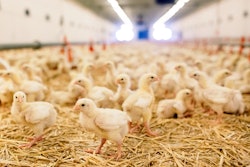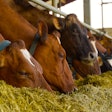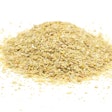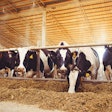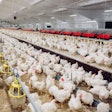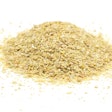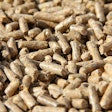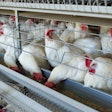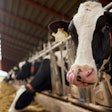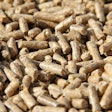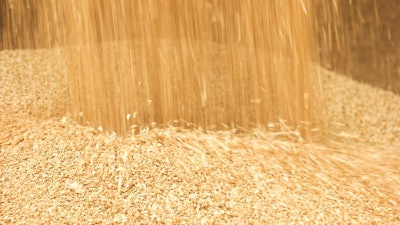
Considering alternative solutions to the problem of expensive phosphates
I am not an expert on probiotics, phytase or microbiology – in fact, I tried to keep a safe distance from all three in my career – but current affairs make me rethink my position. With phosphate salts being so expensive that nutritionists are considering deleting them from formulas and phytase suppliers crying out about the benefits of their phytases, I have a major question.
Can we produce a strain of probiotics that produces, inside the gut at the right location, enough phytase to release as much as possible of the phytate-bound phosphorus found in grains? I cannot get into deeper waters, but it is a plausible idea that has some merit – if not for broilers, at least for layers and pigs. And, if not now, then perhaps for the near future?
Yes, I realize that we are talking about GMO or gene editing and the EU is having a hard time deciding whether that is good or bad, but there are more countries than the EU. Perhaps, simple genetic selection can provide a solution even for the EU. Again, I am not talking from a knowing position, just thinking out loud as I am trying to cope with the flood of work I have faced since the start of the war in Ukraine – mostly about phosphates.
Here is where I wish I were a researcher/professor and could run some quick tube tests, but I can only offer ideas for others to try. I hope to see even negative results in a couple of years and, of course, I would be more than happy to see something like that materializing.
Thinking about it, I know some raw materials are being treated/refined with enzymes and microbes (no names are needed). Perhaps, adding a phytase would help release even more phytase than is released in the gut during the limited time feed remains there. I don’t know but, again, I would give it a try. Plants abound in phytate, and we feed plants to our farm animals, so the potential is there.


